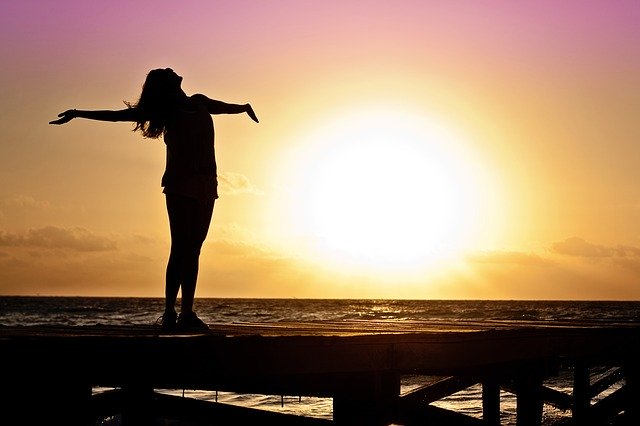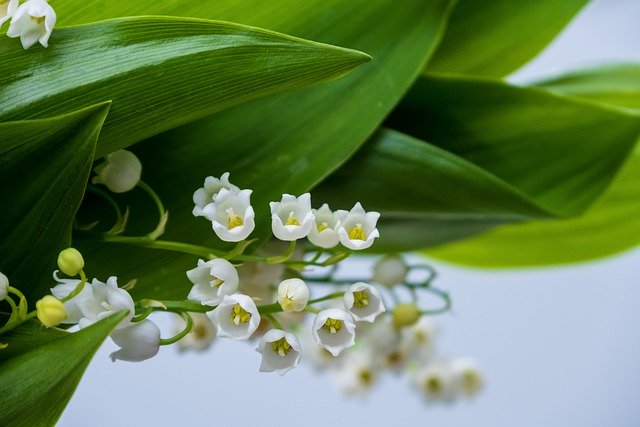In his book, The Five Invitations, Frank Ostaseski discusses in depth his first lesson, Don’t Wait, learned from many years of working with the process of dying and death. He witnessed so many people dying while consumed by hatred, resentment, rage and anger. He also gives examples of others who were able to offer profound forgiveness on their deathbed. He urges us not to wait until we are dying to embrace forgiveness for ourselves and others. He contends that all forgiveness is ultimately self-forgiveness and is hugely beneficial for us – mentally, physically and emotionally.
Resistance to forgiveness
Frank talks about our natural resistance to forgiveness – a form of self-protection, protecting our sense of right and wrong and our elevated sense of who we are. To forgive is to acknowledge difficult emotions such as anger, regret and resentment. We tend to run away from these feelings because they cause us pain. However, the cost and pain of carrying resentment all our lives are far greater than the pain of facing up to those parts of ourselves we are embarrassed by or unwilling to acknowledge.
We each have an area of darkness that we don’t like to shine a light on. Recalling events also brings to mind and body, the recollection and re-experiencing of hurt – hurt from other’s words and actions, and also hurt and regret we feel for things that we have said and done that were hurtful towards other. Facing up to the depth of our difficult emotions is critical for forgiveness and mental health.
Anger and resentment can consume us, constrict our capacity to express kindness and love towards others, even those in close relationships with us. We can find ourselves constantly playing over events in our head as well as in our conversations, our hurt and resentment growing with each retelling. Ultimately, forgiveness involves letting go – releasing ourselves from the sustained constriction of negative emotions and giving up others as objects of our resentment. If we do not forgive others and our self, our difficult emotions find expression in self-defeating ways, including manifesting our anger in such a way that another innocent party is hurt by our outburst or abusive behaviour.
Frank points out that forgiveness does not mean to totally forget an event that was hurtful or condone the actions of another person that were unjust, hateful or revengeful It does not require reconciliation – sharing your forgiveness with the other person. It is an internal act encompassing mind, body and heart. When we overcome the resistance to forgiveness, we open ourselves to kindness and love.
The long journey of forgiveness
As they say, “a journey of a thousand miles begins with a single step” – forgiveness is a life-time pursuit, not something to begin at the end of life. Frank recalls his own anger, rage and resentment towards a Colonel in a country at war, when the Colonel refused to assist a five-year old boy who eventually died a very painful death without the medical support the Colonel could have provided. Frank points out that these complex emotions consumed him and sometimes found expression in his rage. However, he instituted a daily ritual which, after many years, enabled him to let go of these emotions and find the freedom to forgive and love again.
Frank encourages us to start along the path of forgiveness by first taking on relatively small issues/events in our life, not the big all-consuming hatred or resentment. He suggests even practicing with small annoyances such as being cut off by someone in traffic or having someone leave a wet towel lying on the bed. You can progressively build up to dealing with the big issues/areas of resentment and anger. The process of incorporating forgiveness meditation into your mindfulness practices can be a way to begin and to progress the long journey of forgiveness.
Forgiveness requires absolute honesty (not projecting an image of ourselves as “perfect”), acknowledgement of our own part in a hurtful interaction, understanding of what is influencing the other person’s behaviour, recognition of our connectedness to everyone and a willingness to face up to, and fully experience, what we don’t like in our selves. Frank’s strong exhortation is, “Don’t Wait!” until it is too late – until our deathbed when we could be consumed with anger, guilt, regret or rage.
Reflection
As we grow in mindfulness through forgiveness meditation, mindfulness practices and honest reflection, we can more readily recognise when we need to forgive and the hurtfulness that we cause by our words and actions. We can progressively face up to our “dark side” and our difficult emotions that are harmful to ourselves and others. We can also bear the pain of naming these feelings and really experiencing their depth, distortion of reality and self-destructive nature. Forgiveness builds our freedom to express kindness and appreciation and to love openly.
Frank maintains that the foundation for true forgiveness is learning to forgive ourselves with “compassion and mercy” – this is, in itself, a difficult journey and, ideally, a life-time pursuit.
___________________________________________
Image by Лечение наркомании from Pixabay
By Ron Passfield – Copyright (Creative Commons license, Attribution–Non Commercial–No Derivatives)
Disclosure: If you purchase a product through this site, I may earn a commission which will help to pay for the site, the associated Meetup group and the resources to support the blog.









